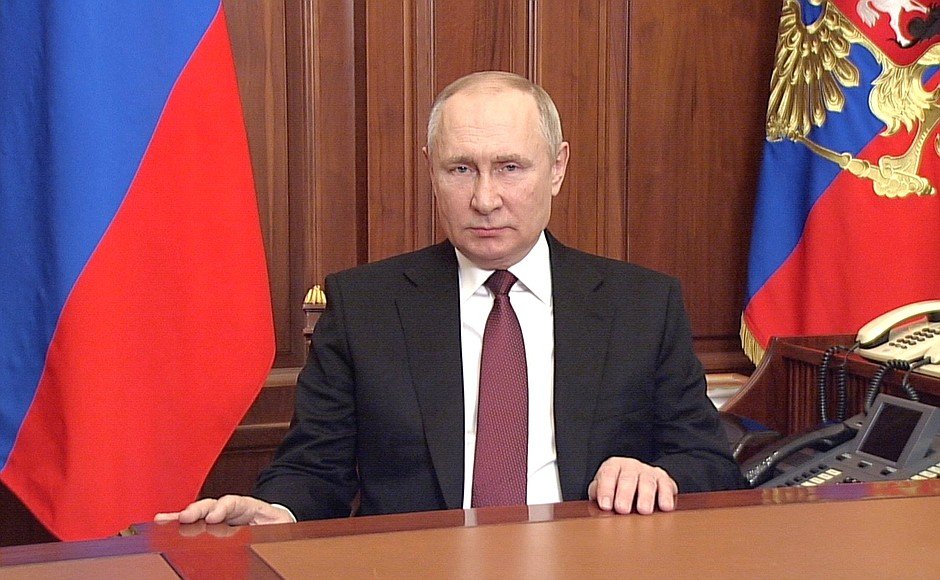Russian President Vladimir Putin said that his army could be fighting in Ukraine for a long time.
"As for the duration of the special military operation, well, of course, this can be a long process," Putin said.
In a televised meeting of his Human Rights Council that was dominated by the war, Putin said Russians would "defend ourselves with all the means at our disposal", asserting that Russia was seen in the West as "a second-class country that has no right to exist at all".
He said the risk of nuclear war was growing – the latest in a series of such warnings – but that Russia saw its arsenal as a means to retaliate, not to strike first.
"We haven't gone mad, we realise what nuclear weapons are," Putin said. "We have these means in more advanced and modern form than any other nuclear country … But we aren't about to run around the world brandishing this weapon like a razor."
He said there was no reason for a second mobilisation at this point, after a call-up of at least 300,000 reservists in September and October.
Putin said 150,000 of these were deployed in Ukraine: 77,000 in combat units and the others in defensive functions. The remaining 150,000 were still at training centres.
"Under these conditions, talk about any additional mobilisation measures simply makes no sense," he said.
Putin has rarely discussed the likely duration of the war, although he boasted in July that Russia was just getting started.
Since then, Russia has been forced into significant retreats, but Putin has said he has no regrets about launching a war that is Europe's most devastating since World War Two.
Putin said Russia had already achieved a "significant result" with the acquisition of "new territories" in Ukraine – a reference to the annexation of four partly occupied regions in September that Kyiv and most members of the United Nations condemned as illegal.
He said Russia had made the Sea of Azov – bounded by Russia and Russian-occupied territory – its "internal sea". He said that had been an aspiration of Peter the Great – the 17th- and 18th-century warrior tsar to whom Putin has compared himself in the past.
Putin meets annually with his Human Rights Council, a body that critics say has enabled him to pay lip service to civic freedoms while increasing repression and stamping out dissent.



